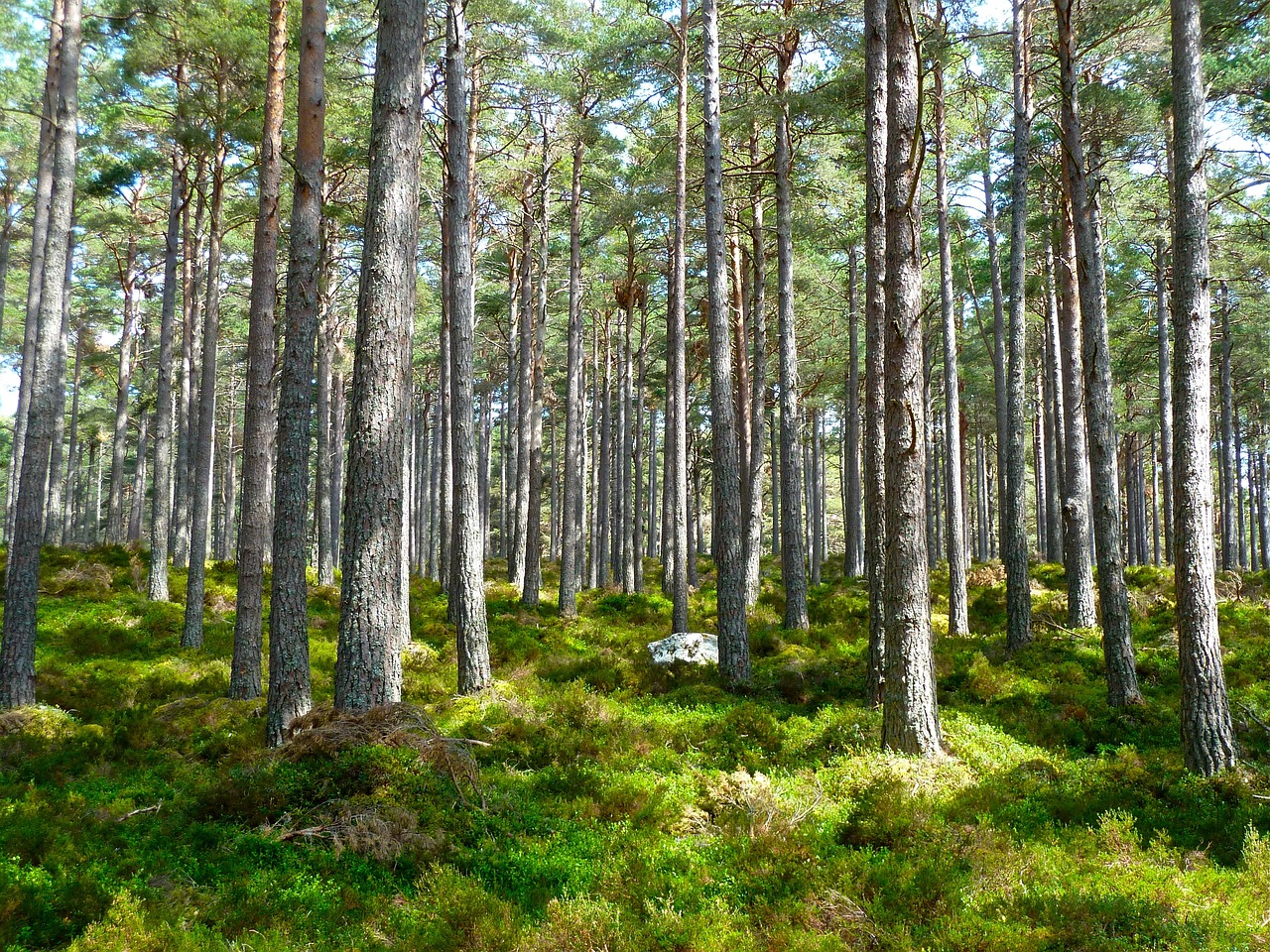New project: Understanding and securing the resilience of forest-based climate change mitigation

Management of forests is an important tool to counteract climate change, but the temporal aspect of boreal climate change mitigation is not fully explored or understood. A new collaborative research project involving Stockholm Resilience Center, WaterCentre@KTH, Stockholm International Water Institute and the Potsdam Institute for Climate Impact Research will address this knowledge gap.
Zahra Kalantari, an associate professor in Water and Environmental Engineering at KTH Royal Institute of Technology and director of WaterCentre@KTH, and Massoud Behboudian, Postdoctoral Research Associate, represent KTH in the project.
What problem do you want to solve?
There are significant knowledge gaps regarding the future resilience of forest-based interventions (i.e., their capacity to continue functioning in delivering desirable water-climate-biodiversity functions under natural and anthropogenic perturbations), even though the mitigation of climate change in forest systems is essential for limiting global warming and has important implications for biosphere functions such as freshwater and biodiversity. This project aims to generate knowledge on how to safeguard the biophysical and social-ecological resilience of forest-based climate change mitigation measures under shifting hydro-climatic conditions including ecological droughts.
What knowledge does KTH contribute?
The KTH team aims to develop a comprehensive framework for assessing the social-ecological resilience of forests that addresses all resilience principles and considers the status of forests in terms of resilience in a spatiotemporal manner. This framework will allow the identification of the most susceptible spots of forest degradation and indicate how their resilience can be enhanced. In particular, no framework has been used to quantitatively assess and enhance the resilience of water-climate-biodiversity functions in forests. Moreover, no previous work has investigated spatiotemporal variations in resilience, which is essential information (regarding more vulnerable areas or how to detect these areas) for enhancing forest protection and resilience under climate change. In brief, the key innovation of our team is the “application and empirical validation of social-ecological resilience principles for the assessment of forest measures”.
What do you see as the big challenge?
Generally, integrating our findings into other existing training manuals and tools hosted by stakeholders in and beyond our reference group is a challenging issue. Also, both modeling and empirical analyses should be applied to comprehensively account for water-climate-forest dynamics, including the coupling of a state-of-the-art dynamic vegetation model with an Earth system model and an atmospheric moisture tracking tool.
What do you hope it will lead to?
We will design forest-based mitigation scenarios in close collaboration with stakeholders, quantify the resilience and sustainability of the biosphere integrity of forest-based climate mitigation measures, analyze the local and remote effects of hydro-climatic adaptation, and holistically assess the social-ecological resilience of forest-based climate change mitigation measures. The proposed project will help enhance the biophysical and social-ecological resilience of water-climate-biodiversity functions from forest-based mitigation measures.
The project has received a grant of 14 million SEK from Formas and the project period is 1 October 2023 to 30 September 2027.
